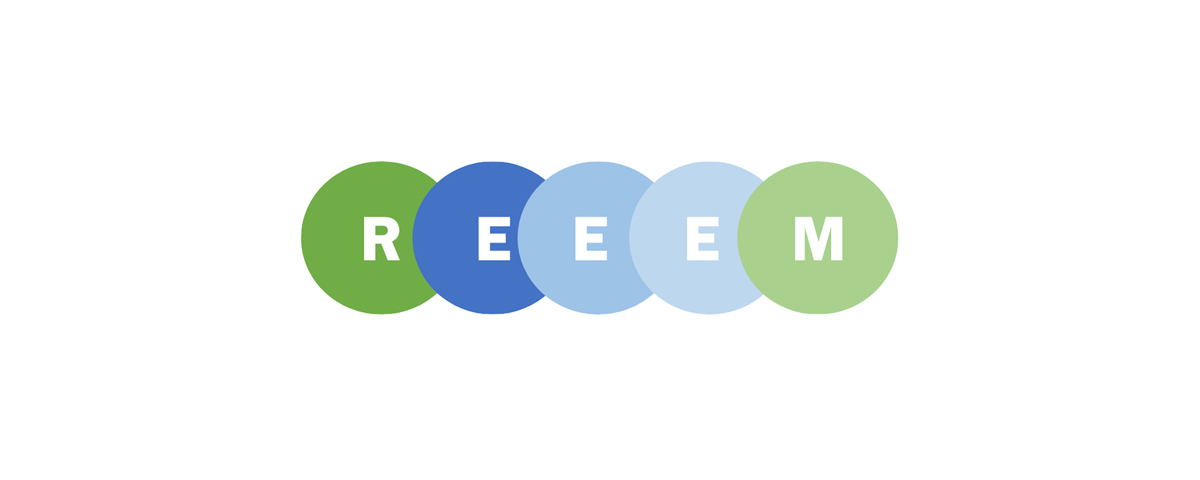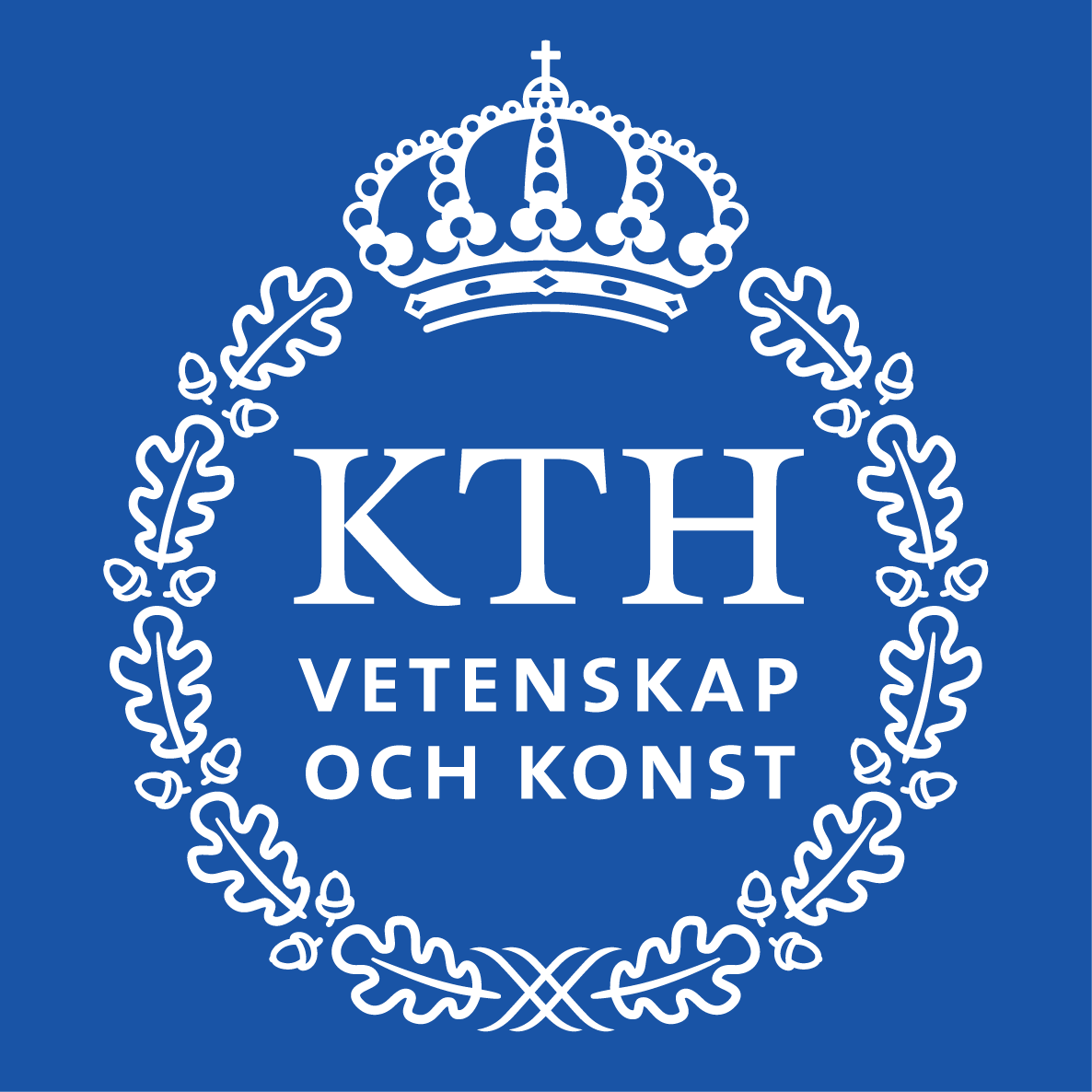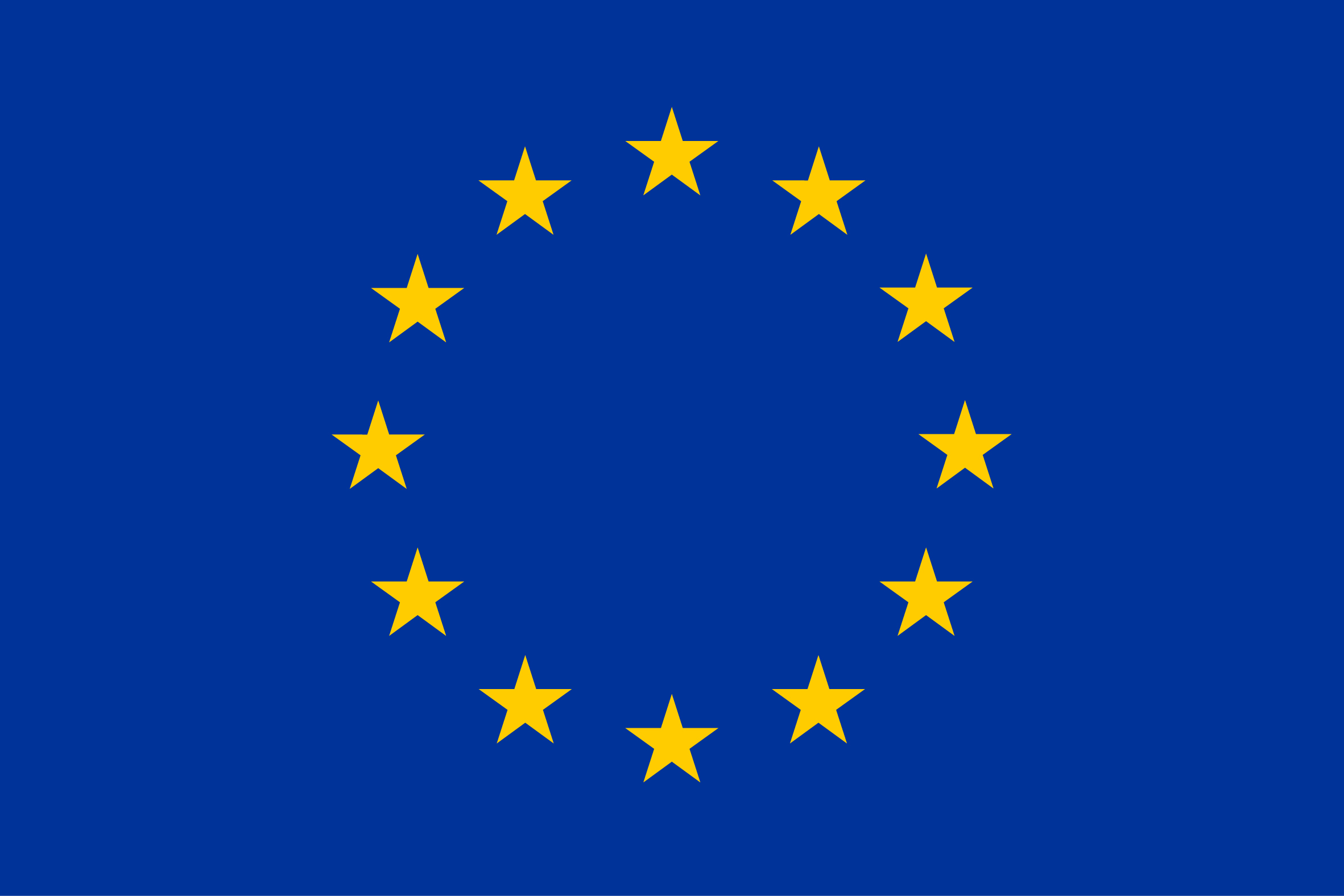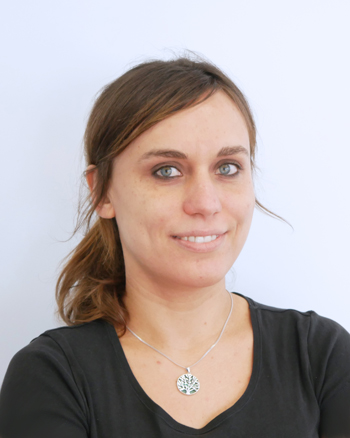
Kathrin Goldammer Energy Transition expert at KAS Conference in Uruguay
6. October 2016The Energy Nexus Group – an interdisciplinary research agenda (Cader et al. 2016)
7. October 2016REEEM – Role of technologies in an energy efficient economy

Model-based analysis policy measures and transformation pathways to a sustainable energy system
How can the European energy transition be supported through better knowledge transfer?
In order to prepare the transition towards a sustainable energy system, powered by renewable sources, there are many policies, measures, and strategies. But which of these actually make sense? Which have the greatest potential to succeed? Where can members of the European Union learn from each other? The REEEM project aims at giving a comprehensive overview of all energy strategies as well as creating a broad understanding of their system-wide effects. Finally, the measures will be assessed according to their sustainability, efficiency, energy security, and reliability and their effects from generation to consumption will be estimated.
The project will address four main objectives:
To the REEEM-Website
© Photo: REEEM
In order to prepare the transition towards a sustainable energy system, powered by renewable sources, there are many policies, measures, and strategies. But which of these actually make sense? Which have the greatest potential to succeed? Where can members of the European Union learn from each other? The REEEM project aims at giving a comprehensive overview of all energy strategies as well as creating a broad understanding of their system-wide effects. Finally, the measures will be assessed according to their sustainability, efficiency, energy security, and reliability and their effects from generation to consumption will be estimated.
The project will address four main objectives:
- develop an integrated assessment framework: A suit of integrated tools and methods were developed and applied within a robust and transparent analytical framework. Both individual actors and the entire system as a whole were considered. This framework provided a test bed to enable detailed assessments of the implications of technology transitions on a region or country (e.g., through case studies) as well as on innovations in individual technologies.
- define pathways towards a low-carbon society and assess their potential implications: A definition of pathways towards a low-carbon energy society based on the Strategic Technology Plan (SET-Plan) and its Integrated Roadmap was formulated. Based on this, the environmental, economic and social impacts of these possible solutions were assessed and recommendations were derived. Various aspects were considered, such as the impact of the time horizon of political decisions, uncertainty and sensitivity of key assumptions, the robustness of results, and the resilience of the derived energy system.
- bridge the science-policy gap through a clear communication using decision support tools: Policy makers were enabled to understand the implications of these pathways and to derive supportive strategies. The knowledge on the implications of different technology measures was processed and adjusted to the needs of decision makers involved in policy making and energy strategy formulation. In addition, a range of dissemination materials and decision support tools were provided to raise awareness and increase the participation in the energy policy debate.
- ensure transparency in the process: Enable others to challenge assumptions by ensuring all model development will be open source, by publishing data sets developed within this project and by providing thorough and clear documentation of the work developed within REEEM. Develop educational material such as e-learning tools for this purpose The model developments and the data sets developed within this project were made available on the open energy platform.
To the REEEM-Website
Project duration 01.02.2016 - 31.07.2019
© Photo: REEEM
Reiner Lemoine Institute is responsible for the following REEEM tasks:
- Developing a data base concept for open data
- Supporting the development of a data base and integrating the different models
- Integrating data of energy system models into the data base concept
- Involving stakeholders
- Organizing stakeholder conferences
- Creating a platform for stakeholder communication
- Ensuring transparency and reproducibility
 Kungliga Tekniska högskolan, Sweden | Project coordination
Kungliga Tekniska högskolan, Sweden | Project coordination Aalto-Korkeakoulusaatio, Finland
Aalto-Korkeakoulusaatio, Finland Aarhus Universitet, Denmark
Aarhus Universitet, Denmark Danmarks Tekniske Universitet, Denmark
Danmarks Tekniske Universitet, Denmark KIC InnoEnergy, Netherlands
KIC InnoEnergy, Netherlands Lietuvos energetikos institutas, Lithuania
Lietuvos energetikos institutas, Lithuania University of Stuttgart, Germany
University of Stuttgart, Germany
This project has received funding from the European Union’s Horizon 2020 research and innovation programme under grant agreement No 691739.
Disclaimer: The sole responsibility for the content of this material lies with the authors. It does not necessarily represent the views of the European Union, and neither EASME nor the European Commission are responsible for any use of this material.
Research at RLI is supported by the Reiner Lemoine Foundation.
After finishing the REEEM research project, the following results can be noted from RLI’s point of view:
- Multidimensional impacts of the transition to a low carbon EU energy system
- Broader engagement is imperative for deep decarbonisation
- The EU low-carbon transition is linked to non-EU drivers
- Among the technology trends, sectoral integration, energy efficiency and electrification of transportation consistently confirmed as potential enablers of the decarbonisation
All results in detail as well as data and publications from the REEEM project are available here:
- REEEM-Website
- Project results
- Publications
- Insights from the case-studies
- Data with open licenses
- Information brochure







